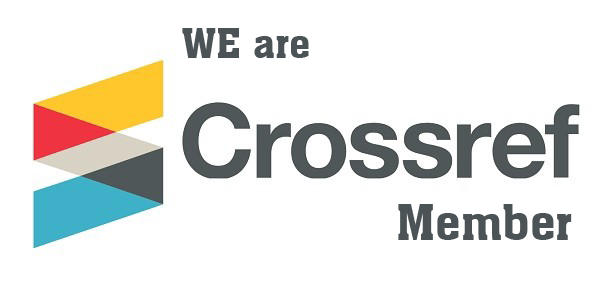Strategies for Managing Cultural Diversity in Multinational Work Environments: A Case Study of the Emirates Group
DOI:
https://doi.org/10.54172/rjnej063Keywords:
Ccultural diversity, Multinational corporations, Emirates Group, Diversity management, Inclusive leadership, Global HRMAbstract
In today’s globalized environment, managing cultural diversity is essential for organizational competitiveness and operational harmony, especially for multinational corporations (MNCs) operating in varied socio-cultural contexts. This study investigates the strategies employed by the Emirates Group (a major Dubai-based aviation and travel conglomerate) to manage cultural diversity across its international operations. The research utilizes secondary data, including corporate reports, industry publications, and empirical studies. A qualitative-descriptive case study approach is adopted, supported by quantitative indicators such as workforce demographics, training coverage, and diversity performance metrics. The analysis identifies key strategic pillars: inclusive leadership development, multicultural training initiatives, AI-based diversity monitoring, and adherence to global performance benchmarks. Findings indicate a strong correlation between structured diversity practices and improved organizational cohesion, employee engagement, and brand strength. However, challenges such as regional implementation disparities and gender imbalances in technical roles persist. The study concludes with evidence-based recommendations to enhance the inclusiveness and effectiveness of diversity management systems. It contributes to international human resource management (IHRM) discourse by offering practical frameworks and measurable indicators that can inform similar practices in other multinational firms seeking to foster workplace inclusivity and intercultural collaboration.
Downloads
Published
Issue
Section
License
Copyright (c) 2025 Asaad Elomami (Author)

This work is licensed under a Creative Commons Attribution-NonCommercial 4.0 International License.
Copyright of the articles Published by Al-Mukhtar Journal of Economic Sciences (Mjes) is retained by the author(s), who grant Mjes a license to publish the article. Authors also grant any third party the right to use the article freely as long as its integrity is maintained and its original authors and cite Mjes as the original publisher. Also, they accept the article remains published by the Mjes website (except in the occasion of a retraction of the article). All Mjes Published articles under the Attribution-NonCommercial 4.0 International License.











